Coletivo Intertulias was born in 2014 to have a space for solidarity and peer support for people who experience the realities of being intersex.
Coletivo Intertulias was born in 2014 to have a space for solidarity and peer support for people who experience the realities of being intersex. This space serves to analyze and make policy proposals in favor of intersex populations. It also helps raise awareness of the realities of Intersex people’s lives and exercise political activism to reclaim intersex people’s rights. Its mission is to push advocacy efforts and raise awareness for the intersex population in Ecuador through content creation that contributes to the acknowledgement of Intersex people and public policy in favor of their rights.
Raras no tan raras exists to shed light and raise awareness of the issues facing sexual/gender diverse women from the Colombian Caribbean region, especially from the department of the Atlantic in Colombia, and their resistance.
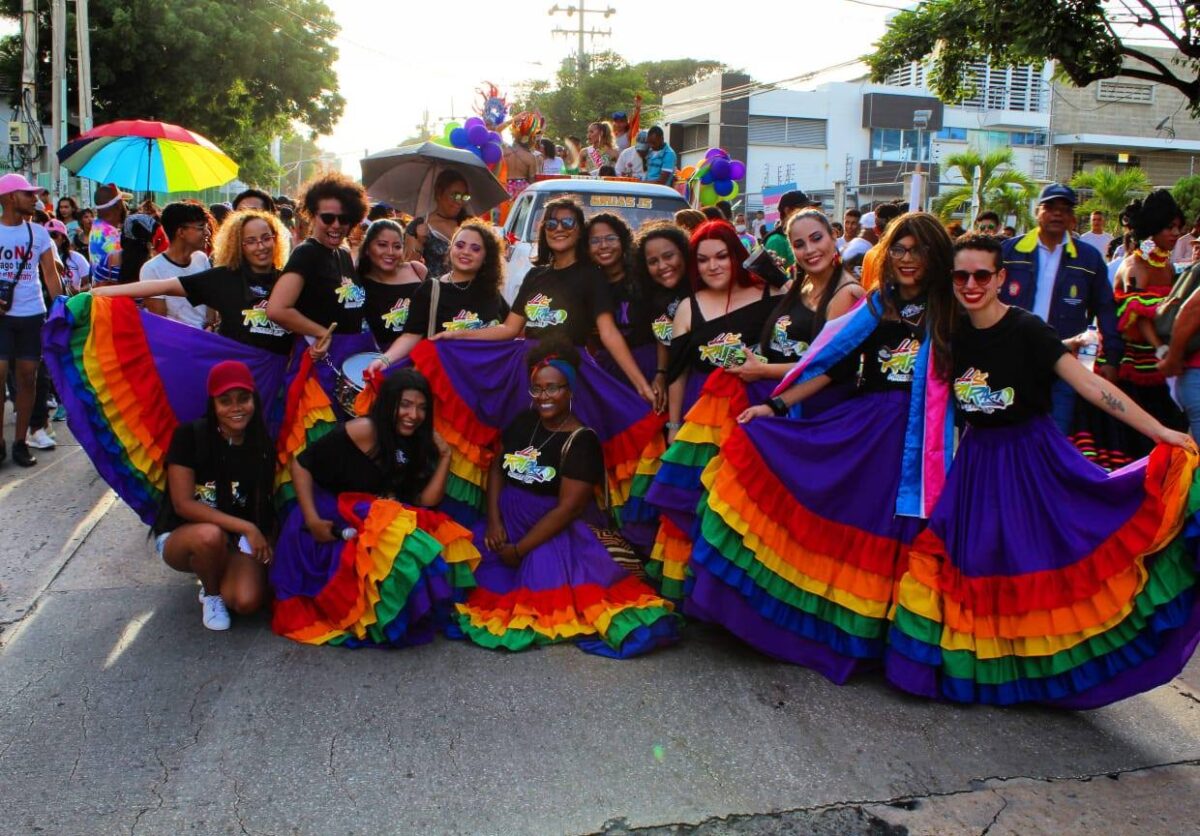
Raras no tan raras exists to shed light and raise awareness of the issues facing sexual/gender diverse women from the Colombian Caribbean region, especially from the department of the Atlantic in Colombia, and their resistance.
Visibilizar y sensibilizar sobre las problemáticas y resistencias de las mujeres sexo-género diversas de la región Caribe colombiana, especialmente del departamento del Atlántico, Colombia.
Women in Front Cameroon’s long term goal is to promote female leadership and the visibility of LBTQ people in the LGBT community.
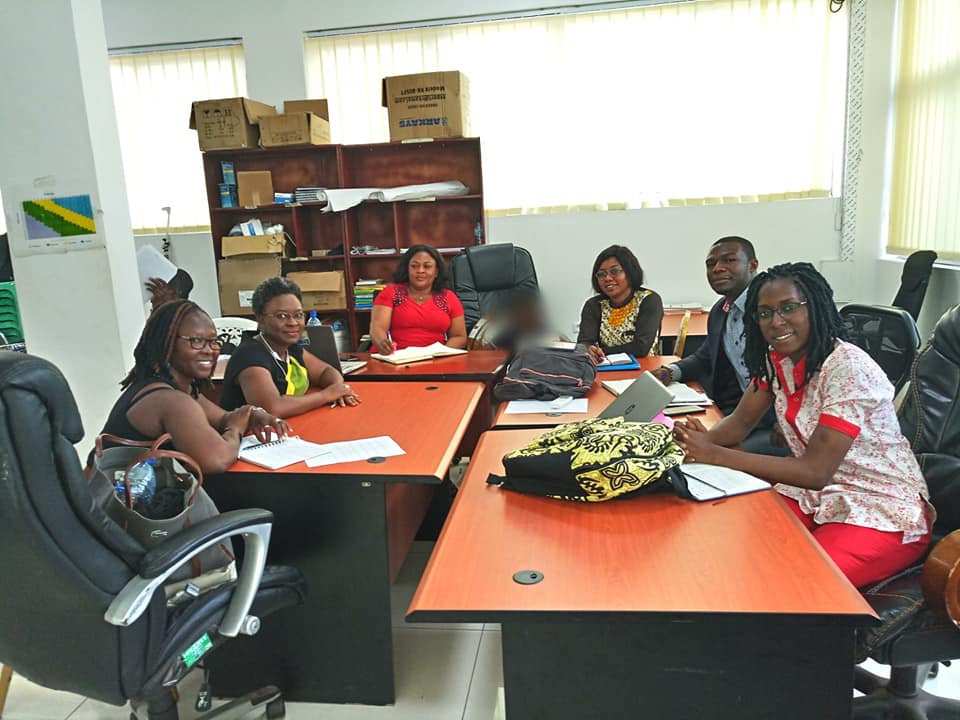
A long terme, nous voulons favoriser le leadership féminin et la visibilité des LBTQ dans la communauté LGBT.
Women in Front Cameroon’s long term goal is to promote female leadership and the visibility of LBTQ people in the LGBT community.
The vision Group COME OUT works for is a society where LGBTI* people have the opportunity to reach their full potential.
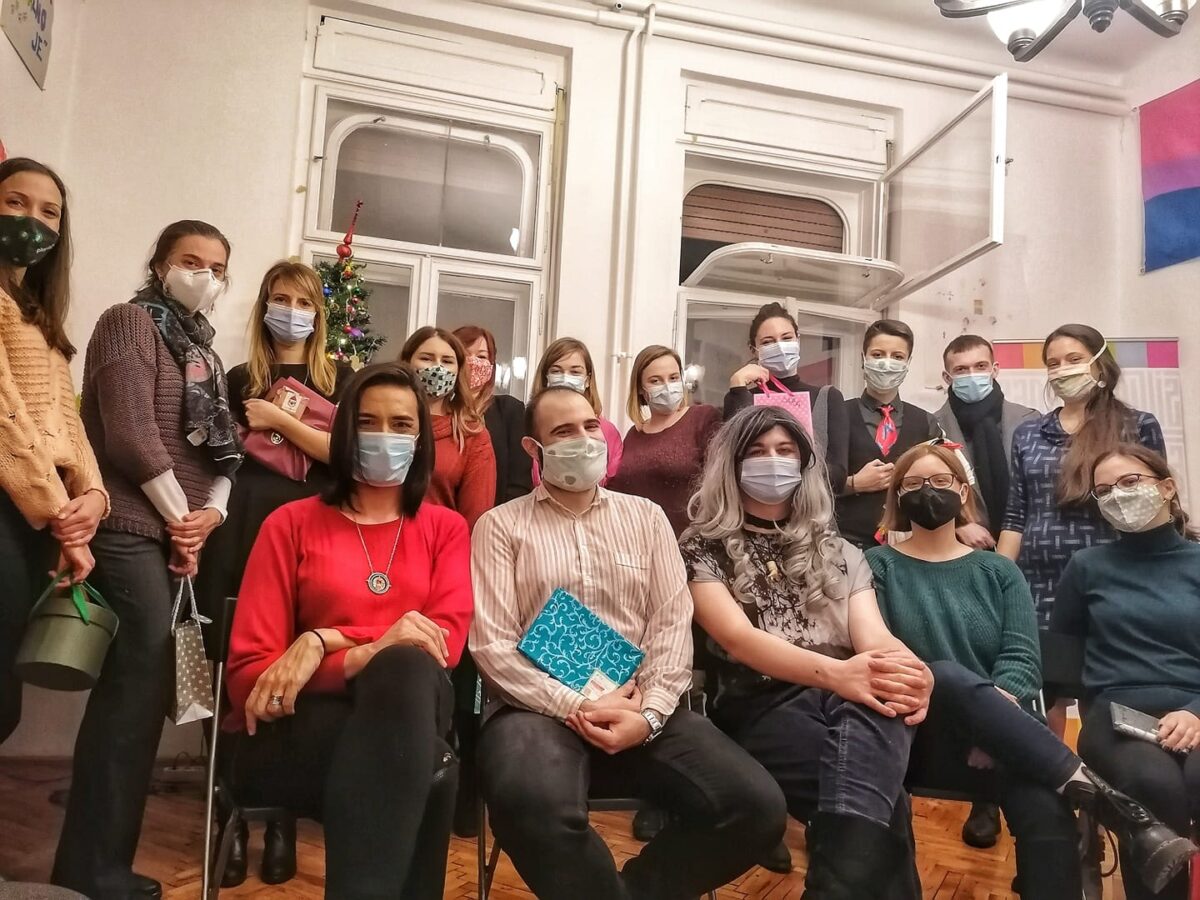
The vision Group COME OUT works for is a society where LGBTI* people have the opportunity to reach their full potential. Their overall mission is to empower young LGBTI* persons and members of their families, and to advocate for their interests, through programmes of support, education, creation of physical safe space (community centre) and making their environments safer (families, schools, social circles, other public services), creative engagement, public campaigns and partnerships.
Mujer Y Mujer pushes the traditional meaning of “woman.”

Mujer Y Mujer was created in 2003 to challenge the social and political visibility of lesbian women, united by the vital need to build community, develop leadership and influence against a backdrop of violence, discrimination and privatization of both public spaces as the body and sexuality of women. Mujer Y Mujer pushes the traditional meaning of “woman.” Since 2009 they’ve championed the leadership of bisexual women and transgender people. They also celebrate ethnic and generational diversity while their community initiatives strengthen the working class. The organization is run by volunteers due to lack of resources for LGBT groups in Guayaquil and LBT activism in particular. They strategically promote the creative role of women and LGBTI + in the integral development of more just and equitable societies; enhancing their political voices from their desires and resistances. Their slogan: Free to Be, Decide and Demand, represents the 3 axes of their philosophy.
Insight Public Organization was created in 2007 by a group of feminist lesbians and trans activists to build a platform for “others,” people marginalized within the LGBT community and broader society.
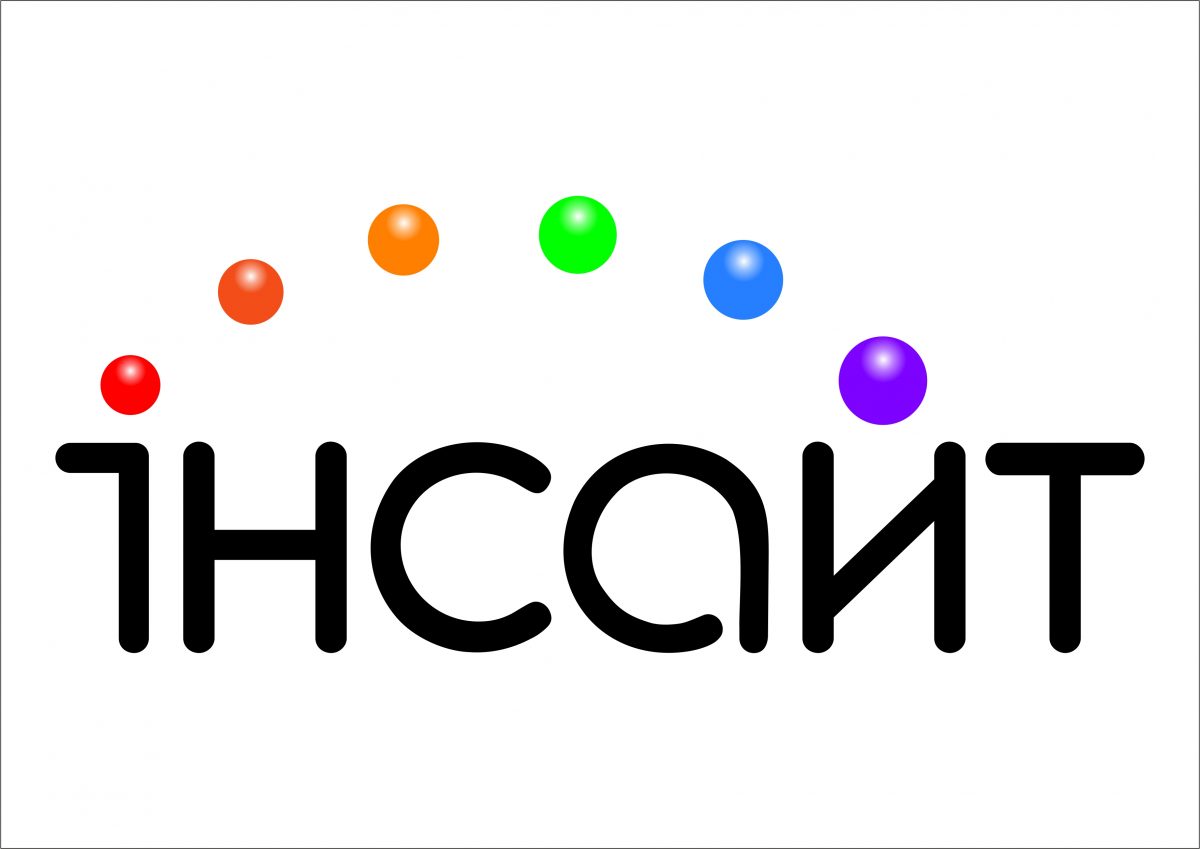
Insight Public Organization was created in 2007 by a group of feminist lesbians and trans activists to build a platform for “others,” people marginalized within the LGBT community and broader society. Over the past decade, they have established their work nationally as a strong, and well-respected feminist and LGBTQ movement organization that engages in educational, advocacy, cultural and social programs to meet the needs, represent and protect the rights of LBTIQ communities. In recent years, they have also made important gains building public support with broader civil society and social justice allies. For example, they established an Equality Festival in 2014 to be a platform for all oppressed social groups. Despite homophobic threats and right-wing counter-organizing, over the last couple of years, Insight’s Equality Festival has become the most visible cultural festival in Ukraine, traveling to all 5 regions of the country with active participation and mobilization from non-LGBT groups. They are working to achieve new and strengthened legal protections from SOGI-based discrimination and violence, end the currently violent and discriminatory procedures for gender-affirming surgeries and treatment and establish a rights-based legal regulation for intersex people to receive medical help if needed.
Sarajevo Open Centre (SOC) advocates for full respect of human rights and social inclusion of LGBTI people and women.
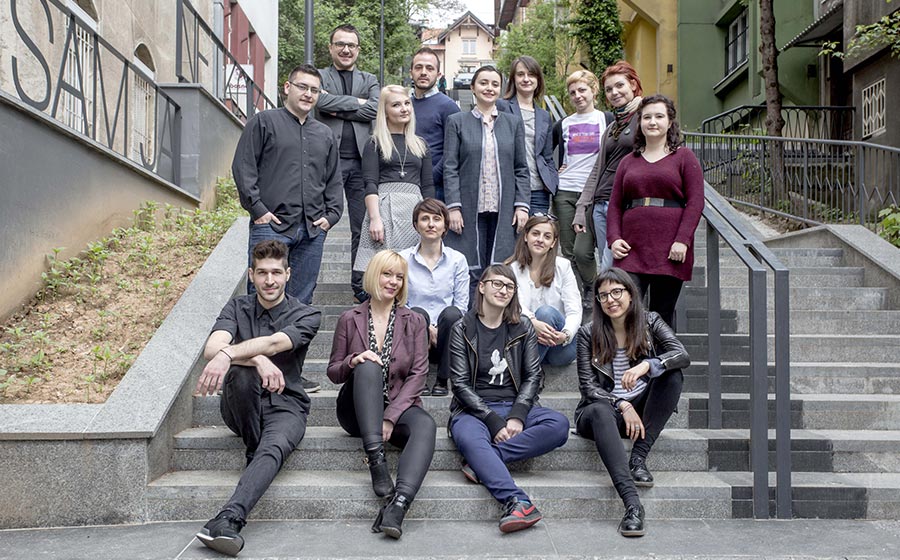
Sarajevo Open Centre (SOC) advocates for full respect of human rights and social inclusion of LGBTI people and women. Sarajevo Open Centre is an independent, feminist civil society organisation aspiring to empower LGBTI (lesbian, gay, bisexual, trans*, and intersex) persons and women by strengthening the community and building an activist movement.
Sarajevo Open Centre also publicly promotes human rights of LGBTI people and women, and advocates improvement of legislation and better policies in Bosnia and Herzegovina at state, European, and international level. By working on issues of European integration, Sarajevo Open Centre is improving human rights in general and encouraging further development of civil society. Sarajevo Open Centre was founded in 2007 and its professionalization began in 2011. Today, with 11 team members, a steering board, its founders, activists, and an intensive partner network in BiH and all over Europe, the organisation is recognised as one of the key actors in the civil society of Bosnia and Herzegovina when it comes to human rights.
OII Germany was founded in 2008 to work on ending non-consensual, medically unnecessary and cosmetic interventions forced on intersex children and adults, and to ensure human rights for intersex persons, such as bodily integrity and self-determination.

OII Deutschland was founded in 2008 and is now starting to build a more sustainable structure with its first part–time hirings. They were strongly involved in advocating for the new German government draft legal ban of intersex surgeries, even though the result is underwhelming, due to the influence of patient/parents–oriented groups and medical gate–keepers. Beyond this advocacy work, they also engage in awareness–raising through trainings, such as workshops for teachers on intersex pupils, or workshops for pedagogues and professionals. They also participated in a conference from the Federal Ministry for Family Affairs, Senior Citizens, Women and Youth to inform representatives of German welfare organisations about intersex human rights, as well as a work with the Robert Koch Institut to publish an article on the health of LGBTI people. They are also working with the Institute of Foreign Affairs.
OII Francophonie’s history goes back to 2003, when it was founded as the ‘original OII,’ based in Quebec and Paris, from where the French name Organisation Intersex International derived.
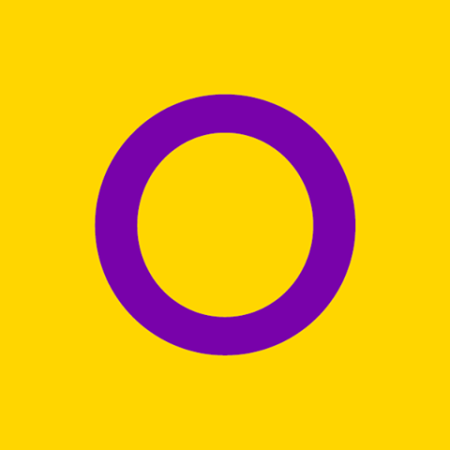
OII Francophonie’s history goes back to 2003, when it was founded as the ‘original OII,’ based in Quebec and Paris, from where the French name Organisation Intersex International derived. OII Francophonie’s mission is to work towards the right to self-determination and the depathologization of intersex people, opposing the medicalized treatments that intersex children are subjected to. They also work to give voice to French-speaking intersex people and to raise awareness about intersex people’s experiences by organizing meetings and publications that include contributions from intersex scholars, activists and artists. Describing themselves as a feminist collective who does intersectional work, OII Francophonie supports intersex people throughout the French-speaking world through a ‘network of care’ that aims to work with respectful doctors. The organization is made up of volunteer members based in France, Canada, Belgium, Luxembourg and the Netherlands, who are connected with other international intersex activists and organizations. OII-Francophonie hosted a summer school in Paris in 2006, with representatives from Canada, France, Belgium and the UK. They have been working with the Douarnenez Film Festival (France) since 2012 (film festival about minorities), and in June 2015, the Film Festival’s focus was on intersex visibility and included an international ‘residence’ for intersex activists. They are now working to strengthen the network and to develop organizational resources for French-speaking intersex organizations.
Founded in 2011, Association Okvir supports LGBTIQA communities reclaim public space through community building, cultural production, activism, and alliance building.

Founded in 2011, Association Okvir supports LGBTIQA communities reclaim public space in Bosnia & Herzegovina (BiH) through community building, cultural production, activism, and alliance building. Working with a feminist “multiple discriminations” approach, Okvir roots its work in the intersections of sex, gender, race, class, ethnicity, age and ability. Their main projects include operating an LGBTIQA “SOS” helpline and psychological support training for LBTQ women, mobilizing for state accountability and prevention of anti-LGBTQ hate crimes, and producing video and digital media and a range of cultural events to raise public awareness of LGBTQ rights. Through their alliance building, their work integrates gender and sexuality issues with feminist movements and progressive articulations of citizenship. LGBTQ communities in BiH continue to face intense violence from religious extremists.










